Following the terrorist attack in Moscow, several countries across Europe are on high alert, fearing jihadist attacks elsewhere during the Easter Holiday - one of the most important Christian celebrations. In France, Austria and Belgium, police presence is being stepped up in the streets and special units are being deployed. In France, officers are also being stationed at all churches to prevent potential Islamist terrorist attacks.
Europe Is No Longer a Safe Place (Part 2)
In the second part of our series, we look at the terrorist attacks committed by jihadists who arrived in Europe during the 2015 migrant wave.
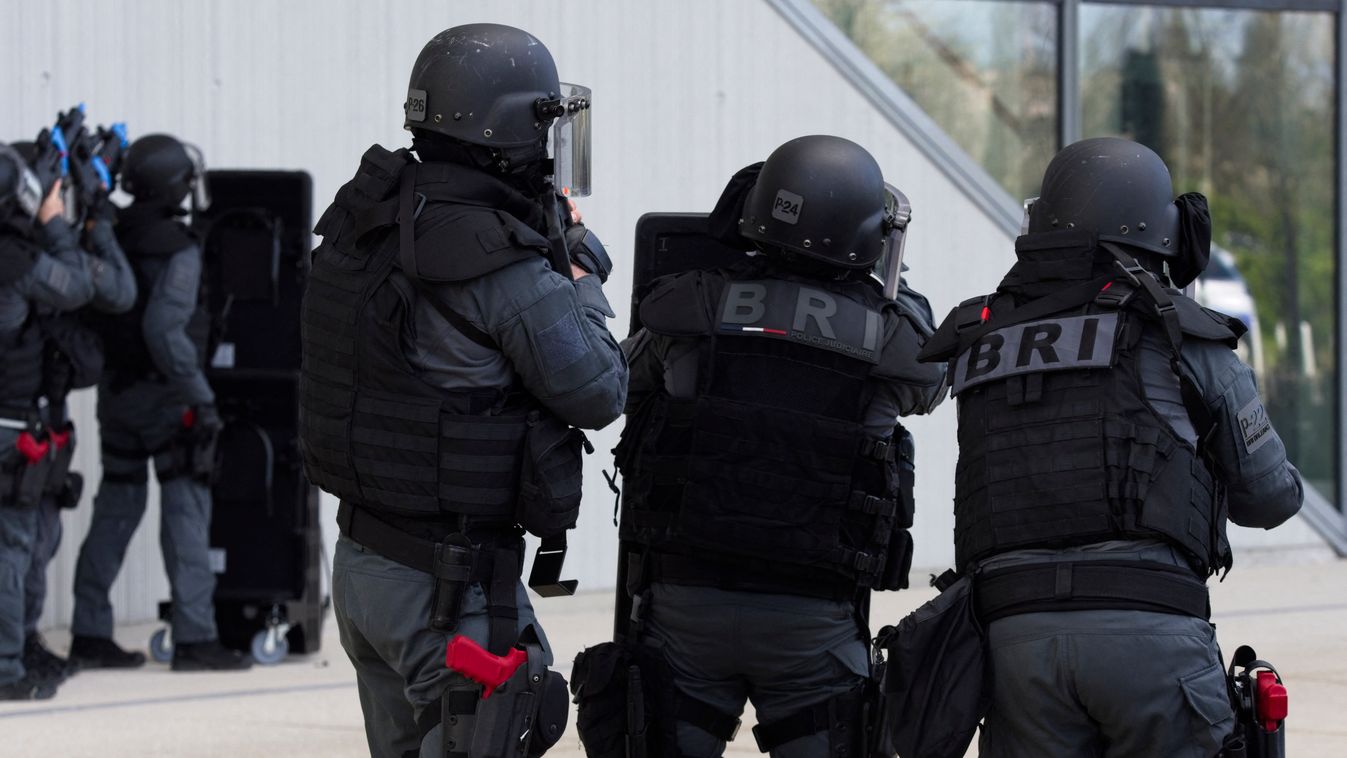
Brussels bureaucrats have learned nothing
Brussels seems to have forgotten how many deaths and serious injuries have been caused over the past 8-10 years by the senseless mass admission of migrants at the EU's external borders. Now, in light of the new ideas, it could be even easier for terrorists to infiltrate EU countries. Nothing demonstrates this more clearly than the numbers: in terms of arrests, Islamic terrorism remained the biggest threat to national security throughout Europe last year.
The threat is not new, and most European governments are aware that a resurgence of Islamic jihadism is likely on the continent. French Interior Minister Gerald Darmanin has previously called for greater intelligence sharing from the US government. He has since repeatedly warned that Islamic terror threats could re-emerge in Europe ahead of the global sporting events France is hosting this year.
További IN ENGLISH híreink
The French minister of the interior recalled that the Olympic Games will soon open in France. The potential renewed threat of Islamist terrorism is real and is likely to again target France and neighboring countries. Terrorists can typically become active in a matter of hours or days.
In recent years, there have been several major terrorist attacks in France. The most serious was in November 2015. Attackers targeted a concert at the Bataclan theater complex i Paris, killing 137 people and injuring at least 416 others.
Then a vehicle ramming terrorist attack was committed in the city of Dijon. A man drove his van into pedestrians in several parts of the city, while praising Allah, waving a knife and shouting that he was acting "in the name of the children of Palestine". Although no one was killed in the attacks, several people sustained permanent injuries. At the time, the local prosecutor claimed that the incident was not related to terrorism and that the perpetrator had no religious motives, but was suffering from a mental disorder.
This was followed by a Tunisian Islamist terrorist who drove a 19-ton truck through the promenade of the southern city of Nice in July 2016. He ploughed into crowds celebrating Bastille Day, killing 86 people and injuring 434.
Germany has also been hit by a number of terrorist attacks over the past decade, at least since mass illegal migration has been stepped up by Western countries. Eight years ago, a terrorist named Anis Amri killed a Polish truck driver, hijacked his vehicle and drove it at high speed into the crowds at the Christmas market in Breitscheidplatz, Berlin, killing 12 people and injuring more than 100 others. The tragic event has, of course, left deep scars on the families of the victims and on society, and many people are still concerned that the German authorities were unable to prevent the terrorist attack despite the preliminary signs and warnings.
Germany has been seeing a multitude of attacks in which a sole migrant acts on his own, indiscriminately knifing random people on the street. In Ludwigshafen in 2022, for example, a Somali migrant stabbed two passers-by in cold blood in broad daylight, and then cut off the arm of one of them. The death of one of the victims, a 20-year-old artist, was witnessed by his own father. The killer fled to a nearby drugstore where he went on to injure several more people. Eyewitnesses said the young migrant was praising Allah, although it is likely that relationship problems led him to commit murder.
The city was shaken by the tragedy, and for a long time locals were gripped by fear every time they stepped out into the streets. This didn't in the least bother Interior Minister Nancy Faeser, who was in part responsible for keeping the city safe.
The incident bears an eerie resemblance to the stabbing murders in Wurzburg, also committed by a Somali migrant back in 2021. The 21-year-old man simply walked into a supermarket and stole a knife. He then went out into the street and started killing people while praising Allah. He killed three people and injured at least 15 others, before being stopped by police. It turned out that he had arrived in Germany during the great migration wave of 2015.
Photos of the rampaging man were taken, including the following one caught by a passenger on a bus.
A year earlier, there had also been a knife attack in Dresden. On October 4, two tourists were attacked in the center of Saxony's provincial capital. One of them, a 55-year-old man from Krefeld, died in hospital of his injuries, while his partner, a 53-year-old man from Cologne, survived the attack. The assailant was found to have multiple criminal convictions and was a supporter of the Islamic State terrorist organisation. He had been released a few days before the stabbing from a juvenile prison in Regis-Breitingen, Saxony, about 50 kilometers from Dresden.
In Austria, the worst terrorist attack in recent years was committed by an Austrian and North Macedonian dual national in 2020, when he started shooting in the streets of downtown Vienna, killing several people. It later emerged that the perpetrator had no accomplices and authorities also discovered that he had previously wanted to flee to Syria to fight for the Islamic State. The terrorist was shot dead.
Belgium hasn't been spared by the jihadists either. Thirty-two people were killed in a series of bombings which the Islamic State claimed responsibility for. On March 22, 2016, several bombs were detonated at Brussels airport in Zaventem and at Maalbeek metro station. Apart from the massive death toll, 340 people were injured. Magyar Nemzet reported on this and many other terrorist attacks in the first part of our series.
Cover photo: The authorities have often failed to prevent terrorist attacks in Europe (Photo: AFP/Guillaume Souvant)
Komment
Összesen 0 komment
A kommentek nem szerkesztett tartalmak, tartalmuk a szerzőjük álláspontját tükrözi. Mielőtt hozzászólna, kérjük, olvassa el a kommentszabályzatot.
A téma legfrissebb hírei
Tovább az összes cikkhez
Szentkiralyi: This Is the Consequence of Peter Magyar’s Hate-Driven Politics + Video
The Budapest politician warned warned that what many people now take for granted would no longer be guaranteed after a change of government, as the focus would shift from families to profit.
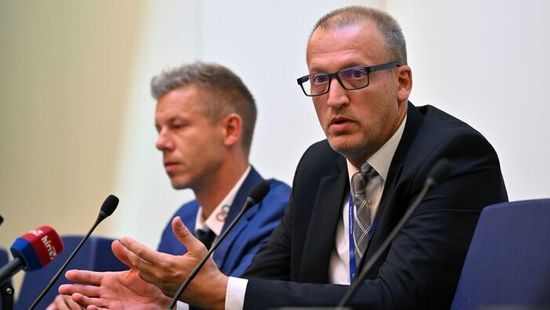
Tarr Admits Tisza Campaign Is Modeled on “the Ukrainian Way” + Video
Peter Magyar and his party cannot and will not say no to the pro-war advisors in Brussels.
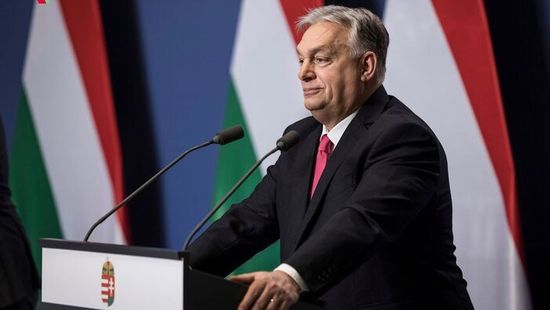
PM Orban: If We Work Hard, We Win—If We Don’t, We Lose + Video
Hungary's prime minister spoke at the Mandiner event in the Varkert Bazar in Budapest.
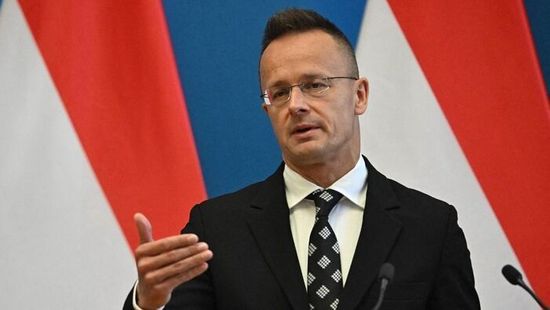
Hungary FM: This Is Where Brussels’ Irresponsible Policies Lead
"The more people they let in, the more pressure we are under," Peter Szijjarto says.
Ne maradjon le a Magyar Nemzet legjobb írásairól, olvassa őket minden nap!
- Iratkozzon fel hírlevelünkre
- Csatlakozzon hozzánk Facebookon és Twitteren
- Kövesse csatornáinkat Instagrammon, Videán, YouTube-on és RSS-en

Címoldalról ajánljuk
Tovább az összes cikkhez
Szentkiralyi: This Is the Consequence of Peter Magyar’s Hate-Driven Politics + Video
The Budapest politician warned warned that what many people now take for granted would no longer be guaranteed after a change of government, as the focus would shift from families to profit.

Tarr Admits Tisza Campaign Is Modeled on “the Ukrainian Way” + Video
Peter Magyar and his party cannot and will not say no to the pro-war advisors in Brussels.

PM Orban: If We Work Hard, We Win—If We Don’t, We Lose + Video
Hungary's prime minister spoke at the Mandiner event in the Varkert Bazar in Budapest.

Hungary FM: This Is Where Brussels’ Irresponsible Policies Lead
"The more people they let in, the more pressure we are under," Peter Szijjarto says.





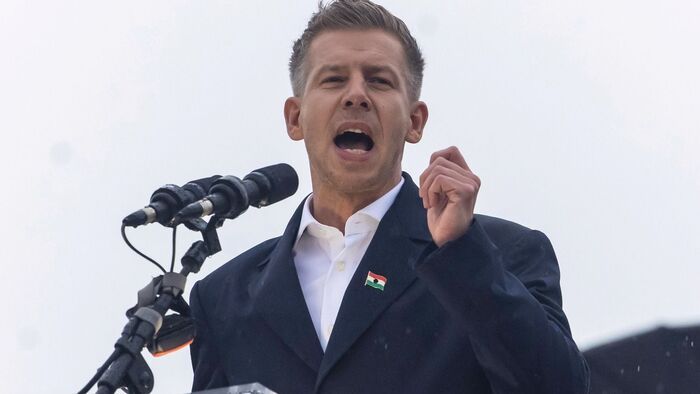
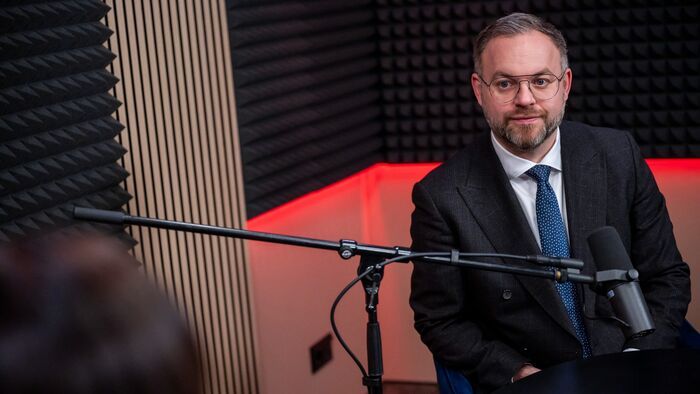

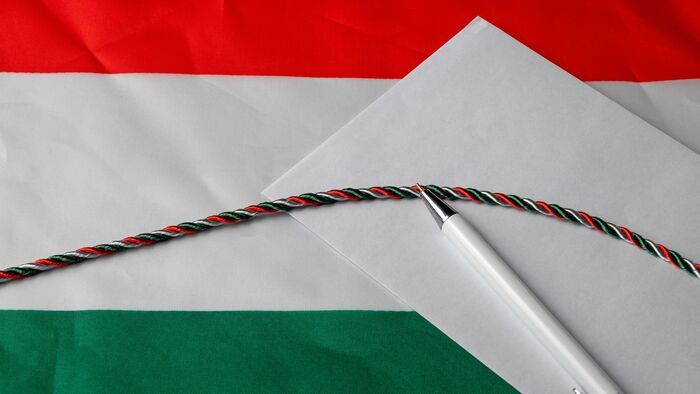


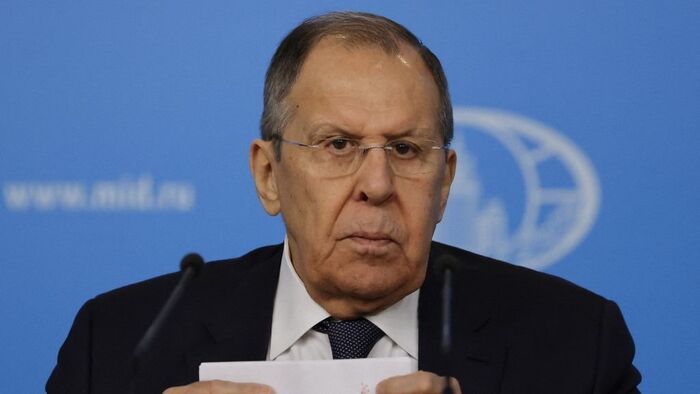

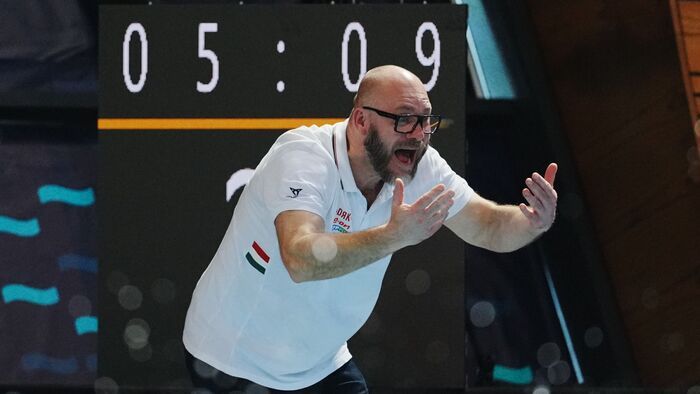
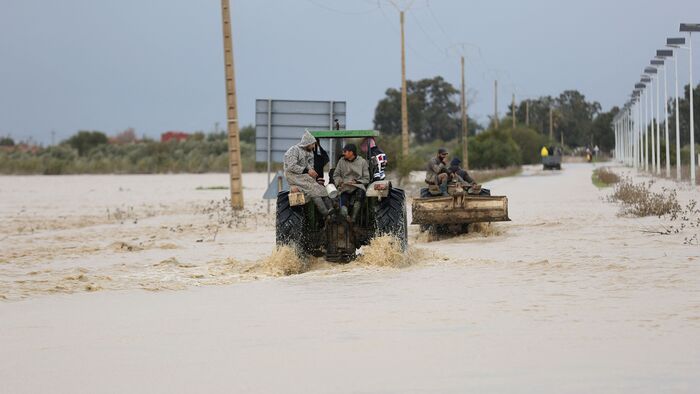


Szóljon hozzá!
Jelenleg csak a hozzászólások egy kis részét látja. Hozzászóláshoz és a további kommentek megtekintéséhez lépjen be, vagy regisztráljon!